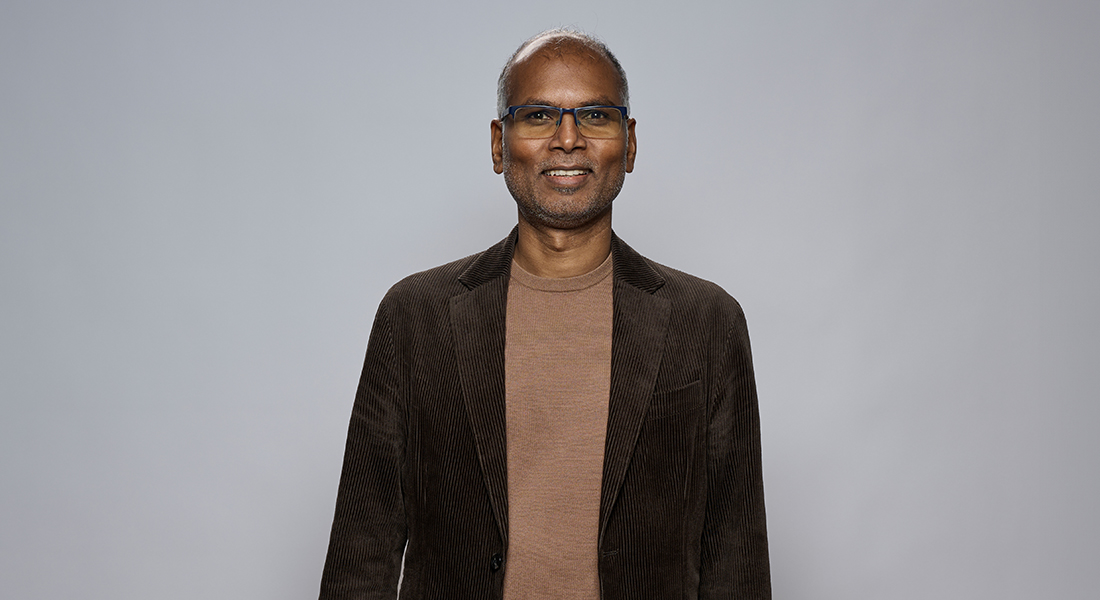Associate Professor Mani Arumugam secures DKK 6.1M grant to shape the gut microbiome towards better health
The project, financed by the Independent Research Fund Denmark, will leverage artificial intelligence to create tailored diets that promote healthy gut microbiomes. Associate Professor Mani Arumugam hopes that the findings will pave the way for using nutrition as a tool to prevent diseases and promote lifelong health in adults.

Microorganisms in the gut, called the gut microbiome, play a significant role in lifelong health. The microbiome of infants with immature guts are linked to future asthma risk, prompting a need for maturation interventions. While diet significantly shapes the gut microbiome, there is currently a lack of systematic methods for designing diets that mature the microbiome.
Associate Professor Mani Arumugam has now secured a DKK 6.1 million DFF-Research Project2 grant from the Independent Research Fund Denmark to improve human health by modulating the gut microbiome.
“In this project, we will craft novel dietary formulations using AI to improve immature infant gut microbiomes. I am grateful to DFF for acknowledging the potential of this approach,” says CBMR Associate Professor Mani Arumugam.
Cracking the code of diet
The project, 'Towards machine learning-based dietary modulation of immature infant gut microbiomes', will leverage artificial intelligence and machine learning to create tailored diets that promote healthy gut microbiomes in infants using ingredients found in breast milk and porridge. The focus is on infants, as their diets and microbiomes are more uniform and simple than those of adults, which make them easier to study and shape.
“As the gut microbiomes and the diets of infants are relatively simpler, this serves as a pathfinder study for developing effective strategies for adults who have more complex diets and microbiomes,” says CBMR Associate Professor Mani Arumugam.
If successful, the approach could change how we understand and manage the gut microbiome, both in infants and potentially in adults. The ultimate goal is to use nutrition as a tool to prevent diseases and promote health throughout life.
Facts: DFF-Research Project2
Each year, the Independent Research Fund Denmark’s five scientific councils undertake the task of selecting the best and most ground-breaking research projects. The councils are composed of 75 recognised researchers with high professional expertise.
In total, 570 researchers have applied for the DFF-Research Project2 initiative.
52 applicants have been granted a total of 318 million DKK. This gives an overall success rate of 9 percent, both in terms of amount and number of applications.
DFF-Research Project2 typically runs for up to 4.5 years and involves multiple researchers (including postdoc candidates and Ph.D. students) with a financial framework ranging from 2 to 4.3 million DKK excluding overhead.
The DFF-Research Project2 grant is often characterised by being a coordinated and committed collaboration, and applicants must have significant, independent research experience at a high international level.
